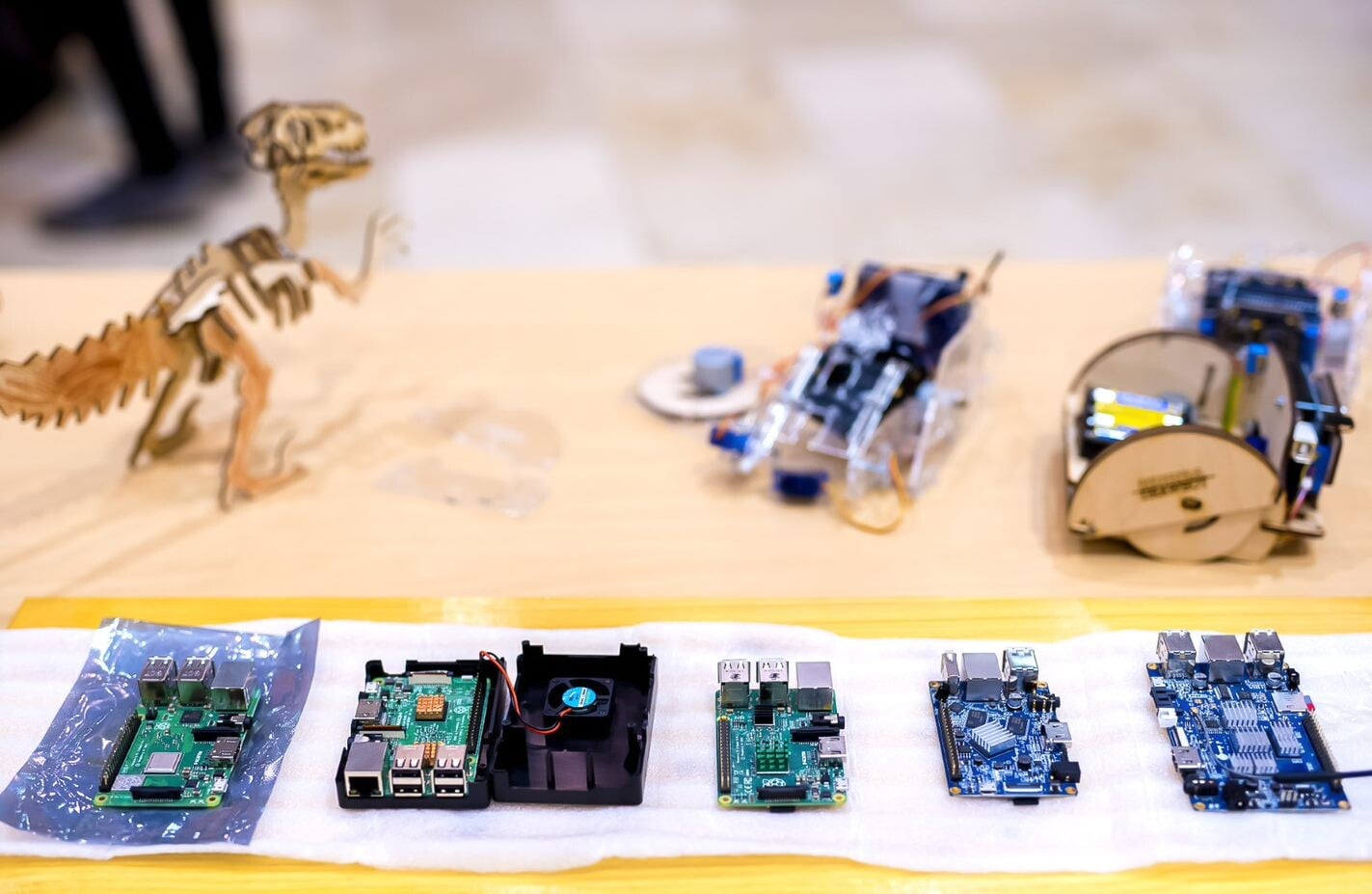The activities of the Centre of Excellence for Cybereconomy (CEC // Centre) focus on the examination and evaluation of economic and social processes, changes and impacts, including Industry 4.0. The CEC effectively supports the University's strategic goal of contributing to economic and social impact through applied research in partnership with businesses and is committed to becoming a centre for high-quality research focusing on the socio-economic challenges of the 21st century with active connections in the business sector.
The CEC team conducts applied research that translates the latest and internationally relevant new scientific knowledge into results that respond to the problems of real economic life. Through its research activities, it intends to contribute to the production and transfer of knowledge and skills that are important for businesses in the relevant areas of corporate governance. The activities of the Centre focus on the examination and evaluation of economic and social processes, changes and impacts, including those of Industry 4.0. The mission of the CEC is to develop and maintain research that creates new value in the field of “Industry 4.0” and beyond. They provide new knowledge that can be utilised in practice - by companies and other people concerned - with a theoretical basis for the economic changes of the 21st century and also contributes to the promotion of relevant domestic policymaking. The Centre actively seeks to involve students in its activities and to integrate the new knowledge generated into BUEB's training activities. Another important task is to make visible and represent the University’s research capacities to the relevant domestic and international communities.
Focus areas
Research
Economic and social processes, changes and effects unfolding in the first two decades of the 21st century as a result of technological development
- At the micro level - effects on the individual, employees, new expectations, adjustment constraints, new business models, analysis of individual companies
- At meso level - certain aspects of labour market processes, transformation of the company structure, the situation of innovation inside and outside the company, analysis of industry processes
- At the macro level - to assess the state of the Hungarian ecosystem, geoeconomic processes, the transformation of global value chains, the conditions of the application of robots and artificial intelligence, the consequences of the national economy.
Scientific achievements and social impact
- Research by the Centre of Excellence for Cybereconomy on the new economic (and partly social) environment for businesses resulting from Industry 4.0 relevant characteristics and implications to help companies adapt to new challenges.
- The results of the Centre have been published in the development of educational themes, methods and knowledge. (The study volume presenting digital business models is available HERE.) In addition, the latest results will be presented not only at professional conferences by the staff of the Centre, but also at students' events and lectures.
- CEC publishes its scientific publications and research results so that they are available to anyone interested HERE.
